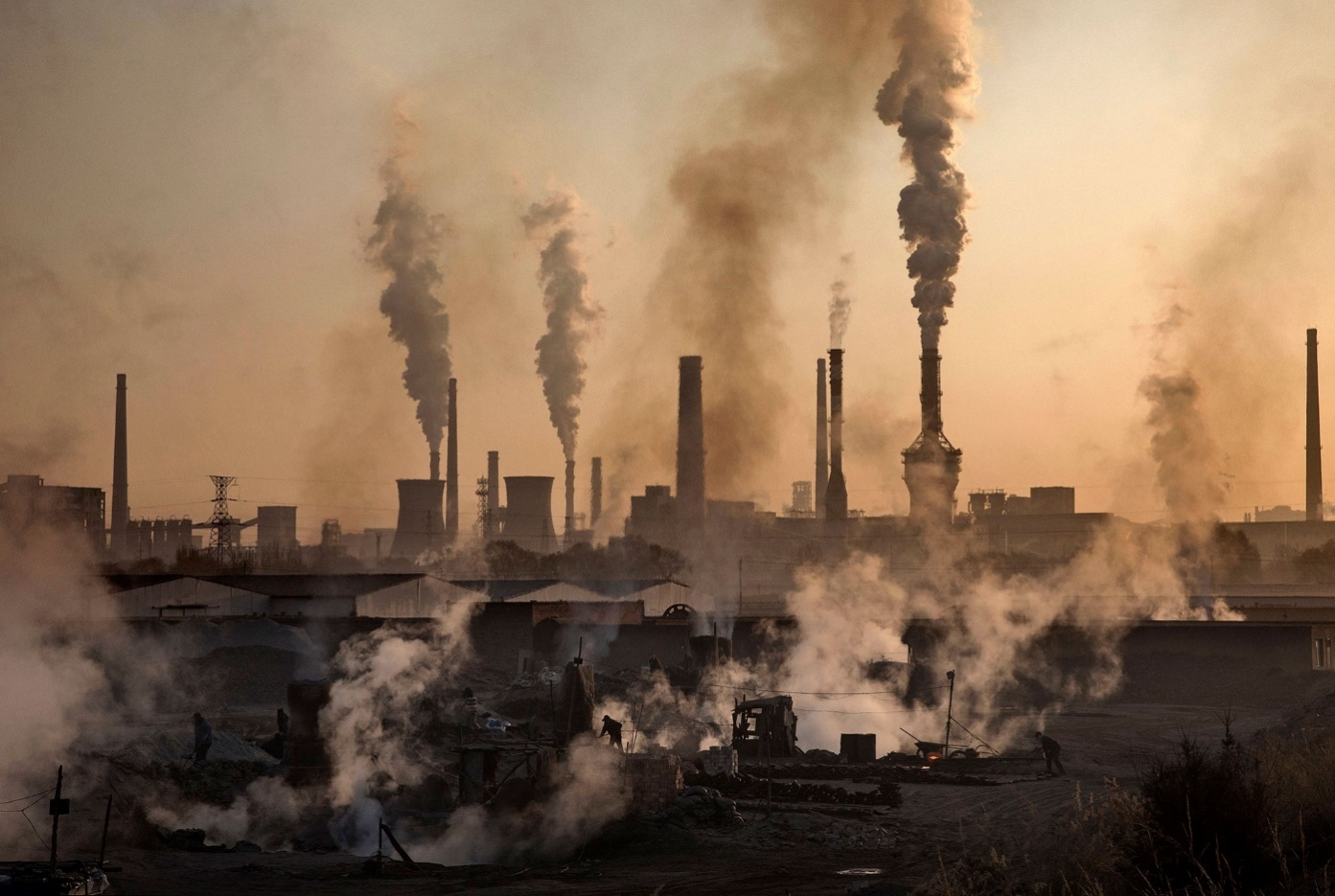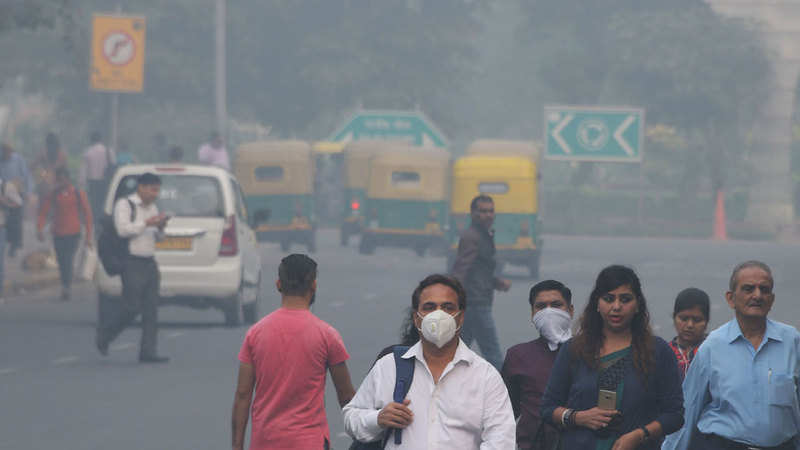Air pollution is the release of substances into the atmosphere in harmful or excessive quantities. These substances are often toxic to human beings and other living organisms, including animals and plants. Air pollution may be caused by human activity or natural processes. All living things are sustained by gases which form the atmosphere. Therefore, air pollution causes an imbalance in these gases, which is detrimental to the survival of these living organisms.
Causes of Air Pollution
Burning of Fossil Fuels:
Combustion of fossil fuels such as coal and petroleum is the major cause of air pollution. This is mostly emitted from vehicles, trains, and airplanes. Carbon monoxide, for example, is a significant pollutant emitted from vehicles.

Agricultural activities
The use of pesticides, fertilizers, and insecticides has increased in the agricultural industry. These emit harmful chemicals into the air. Ammonia is an example of a common byproduct of farming activities.
Exhaust from factories and industries
Manufacturing processes release large quantities of toxic chemicals. These include hydrocarbons and other harmful substances.
Mining Operations
During mining processes, dust and chemicals are released into the air, causing air pollution.
Indoor air pollution
Household cleaning products and painting supplies emit harmful chemicals into the air.
Effects of air pollution
- Respiratory and heart problems: toxic chemicals in the air cause respiratory and heart conditions.
- Global Warming: this causes increased temperatures due to the depletion of the ozone layer.
- Acid rain: when harmful gases are released, the water droplets from the rain combine with these chemicals to form acid rain, which is detrimental to living organisms.
- Eutrophication: high amounts of nitrogen present in pollutants develops on the surface of the sea, turning into algae that affect marine life.

Air Pollution Control
Use the public mode of transport:
People should be encouraged to use public means for transport to reduce pollution. Also, carpooling can be used as a means of control.
Energy Conservation:
This involves switching off lights when not in use to save electricity because a large number of fossil fuels are burnt to produce this energy.
Reuse and recycling:
Items that are of no use can be reused for another purpose instead of being thrown away.
Clean Energy Resources:
Clean energy like solar, geothermal, and wind can be used. This will curb air pollution.
Energy Efficient devices:
Devices that consume less power can also help reduce air pollution, for example, CFL lights.
